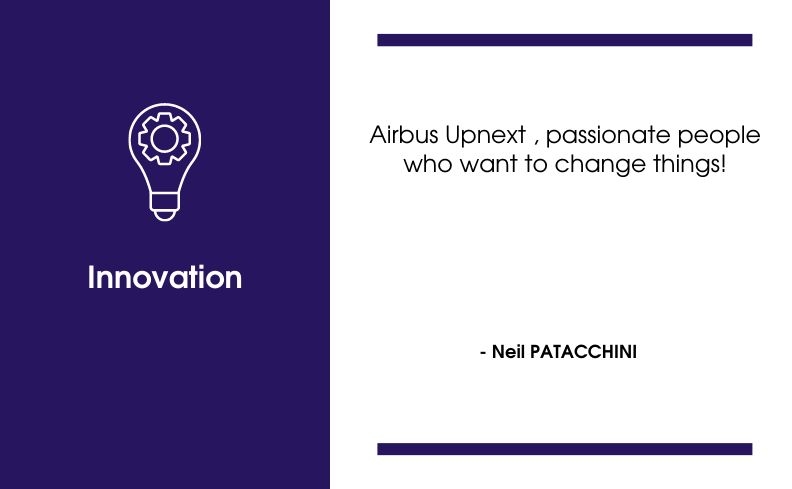
Airbus Upnext , passionate people who want to change things!
Innovation
Neil Patacchini TBS MASTER RH & MNGMT, 2019
HR Business Partner Airbus UpNext
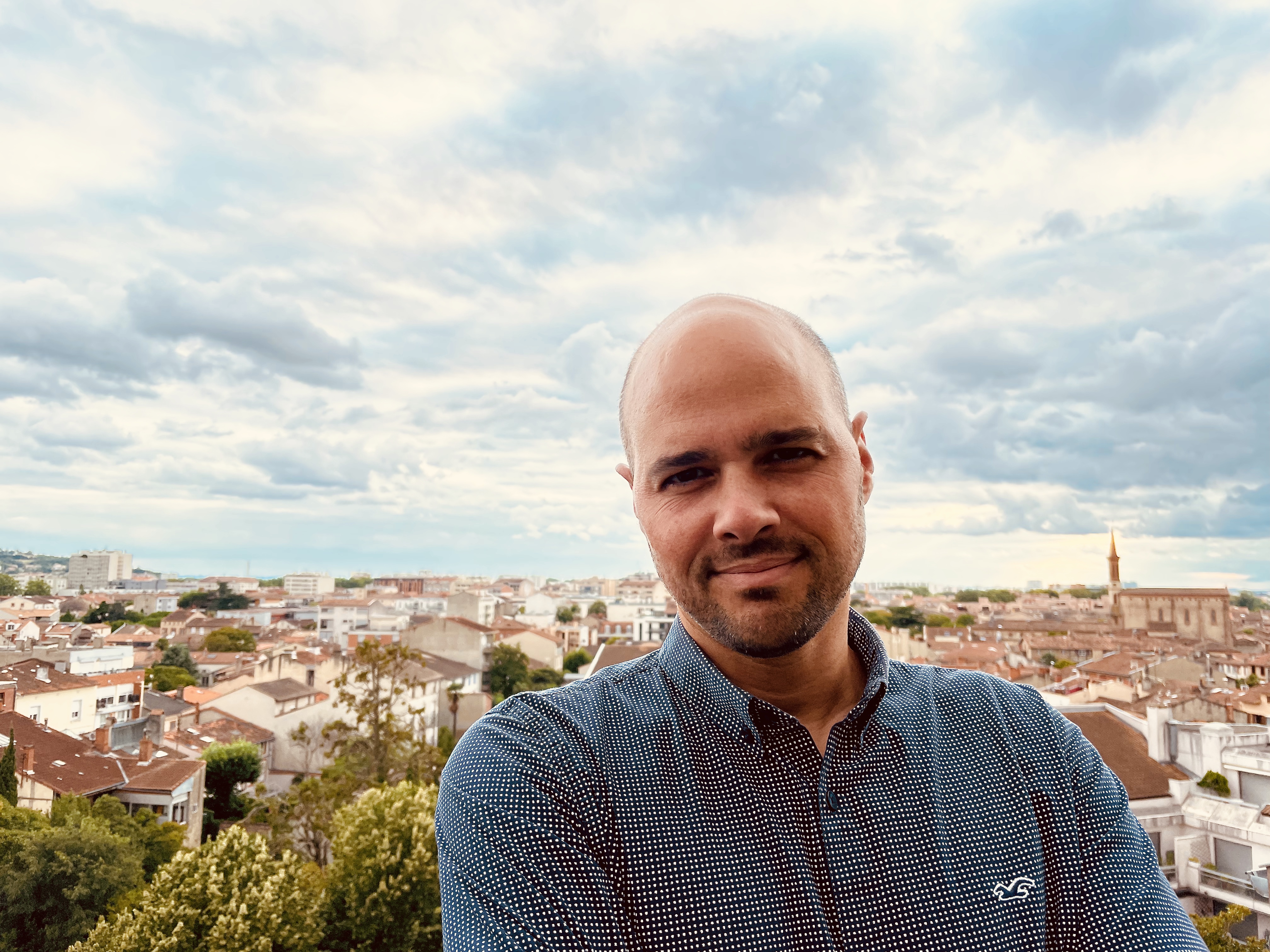
Can you give us a quick overview of your career path?
After a relatively diverse professional experience, but always related to customer service, internal or external to the company, I started a reconversion into human resources, which seemed to me to be an important and sometimes under-exploited lever of the economic performance of companies.
In particular, I joined the Specialised Master in Human Resources at TBS with Simone Veil’s class, continuing in parallel a work-study program started at Airbus SAS in 2017.
Following this training period, I had the opportunity to hold two successive positions as HR Business Partner (local HR manager) for, firstly, Airbus Opérations SAS and, currently, Airbus UpNext.
You work at Airbus UpNext, a subsidiary of Airbus. Can you tell us about your work?
I would love to! Airbus UpNext was created in 2017, at the initiative of the Executive Committee and under the aegis of the Airbus Group's Technology Department. It was then called Airbus ExO Alpha. ExO stands for Exponential Organization, inspired by a concept promoted by Salim Ismail, author of a book of the same name, whose principle is to develop a company equipped to be able to quickly face change.
The main ambition of Airbus UpNext is to develop and test the viability of future technologies for the Airbus group within a very short timeframe (2 to 3 years on average), potentially for use in the aerospace industry, through demonstrators.
The aim is to ensure that Airbus is and remains at the forefront of the transformation of the aerospace industry.
You may have heard of the ATTOL (Automatic Taxi, Take-off, & Landing) demonstrator which demonstrated in 2020 the feasibility for the aircraft equipped with the technology (here an A350 test aircraft) to perform these phases in full autonomy, or currently the fello'fly demonstrator which, to summarise, takes up and applies in a semi-autonomous way the principle of formation flight of birds to improve the performance of any aircraft, and thus reduce its carbon footprint.
Another of Airbus UpNext's ambitions is to act as an incubator.
Due to the very horizontal organisational structure of the teams, the end-to-end approach (as each demonstrator generally addresses all phases of development, from design to testing), and the Fail Fast culture, each of our employees can join us as an expert in his or her field, but will also develop on-the-job other skills needed to develop these highly innovative technologies.
We are dealing with highly motivated people, with a desire to explore different avenues and to approach things differently! We want to support them as best we can in their development, and their career choices afterwards - because three years go by quickly when you are passionate about your work!
Today, the role of the HRBP at Airbus UpNext is to support the launch and closing cycles of the demonstrators, including accompanying the development of skills throughout these cycles, and the preparation of the next steps in the careers of employees. Our mission is also to respond to the HR needs of each employee, with the support of our payroll and legal partners, and to contribute to the definition of tomorrow's HR policy, by trying to test innovative approaches.
How did your company cope with the crisis and how has it adapted?
Because of its model, Airbus UpNext is adapted to V.U.C.A. environments, and as a result, has been a little less affected. Nevertheless, the crisis has had such an economic impact on the aerospace sector that Airbus UpNext has had to refocus and re-evaluate part of its activity. The company's project-based organisation must by its very nature support the natural turnover of staff, which is inherent in the limited lifespan of these projects.
To allow employees to continue their activity under the best possible conditions, and following government directives, remote working has been encouraged. The company has always been open to a balanced organisation of teleworking, as most of our businesses are perfectly suited to it. The deployment of a new digital workspace, already initiated before the pandemic, has been accelerated to meet these needs.
We remain vigilant to the risks inherent in this practice, including hyper connection and isolation, which can eventually lead to psychosocial risks. In particular, it is essential to maintain unity in the teams and the company. Local management is often key during these periods.
The aeronautical world in which you work suffered a real shock with the COVID crisis. What projects are you working on that respond to the ecological awareness that has accelerated with the health crisis?
Airbus did not wait for the pandemic to innovate and build sustainable aviation. These issues are more than ever at the heart of our strategy. Today's aircraft generate 80% less CO2 emissions per seat, per kilometre than 50 years ago while being 75% quieter.
Indeed, several projects are underway to reduce greenhouse gas emissions, including the hoped-for introduction of a hydrogen-powered aircraft by 2035. However, there is no single solution. This is why Airbus is proposing development projects around the use of Sustainable Aviation Fuel or the optimisation of aircraft performance through structural and technological improvements.
For example, within Airbus UpNext, we also have the ASCEND demonstrator, aimed at optimising an electric or hybrid propulsion system by deploying superconductivity in a cryogenic environment. This project will improve performance by lightening the systems and thus reducing fuel consumption. It supports Airbus in its ambition for sustainable and resilient aviation for future generations.
Beyond its products, Airbus and its employees have also made commitments to reduce the energy footprint through their daily practices and thus contribute to the United Nations Sustainable Development Goals.
Have you taken advantage of the context to innovate within your business? How did you do this?
Human resources management in this time of crisis has, first of all, led to adapting value-added actions to ensure the essentials, with a reinforced peak load. To facilitate this, various digital communication tools have been deployed in the group (chatbot, request management interfaces, etc.), and all HR processes have been adapted to a digital application.
We are aware that there will always be room for improvement, and we want to be able to strengthen the support we provide to the demonstrators and our employees. Other initiatives are also being explored within Airbus UpNext to test innovative approaches to human resource management.
Pilot study phases have been launched within Airbus UpNext to identify the optimal conditions for hybrid working (alternating work done on-site and remotely, in this case through shared work areas). The aim is, among other things, to progressively rethink the layout of our workspaces by basing their configuration on the activities carried out there and the needs of the team, but it is also in line with our ambition to test new ways of working.
How do you see the future of international transport and trade in the wake of this crisis? Can global competition be rebuilt on ecological awareness?
This awareness seems to me to be an opportunity to innovate, with the declared will of several players, including governments, being a real driving force.
We have seen that we can rely on digital tools to maintain some of the exchanges, but dematerialisation is not neutral, since the increase in these exchanges and data storage also amplifies, to a certain extent, our energy footprint and our greenhouse gas emissions.
Beyond the technological innovations mentioned above, I understand that the in-depth analysis of company data, in partnership with them (Skywise), but also other studies underway (CleanSky) could allow for the definition of operational models that are more efficient and therefore reduce the impact on the environment. This analysis of habits could, in my opinion, be beneficial at various levels of consumer society.
Communication appears to be essential, to remind users that air transport is safe, especially in terms of health. Airbus has initiated Keep Trust in Air Travel, with several partners, to raise awareness and inform the public. Airbus has also recently published the emissions from its aircraft in a transparent manner.
I enjoy travelling by plane and I want to believe that it is possible to limit the energy and ecological footprint and that the various initiatives currently being studied and developed will pave the way for a decarbonised plane.
What advice would you give to students or alumni of TBS Education who would like to enter the sector? What talents would you recommend them to develop?
In my opinion, and especially in the current context, companies need to be flexible and reactive to remain competitive.
Also, all the qualities and skills that allow the company to evolve to anticipate and always respond to the needs of its customers are key. I am thinking, for example, of the ability to precisely understand the needs of customers, both internal and external, to be curious about everything, and to keep an open mind. A variety of experience and skills will allow each person's role in the company to evolve to meet the company's challenges.
On a technical level, and to my knowledge, skills related to data development, consolidation and analysis, cryogenics, hydrogen, electricity, and sustainable development, are sought after in this sector.
Author
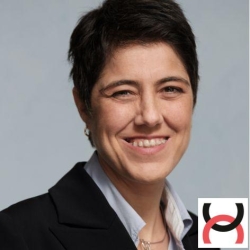
Management de projets complexes
Coordination de programmes entrepreneuriaux See 3 See the author's other publications



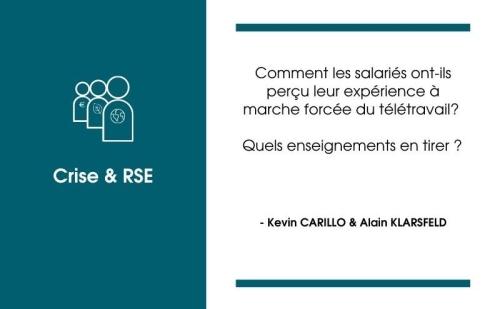
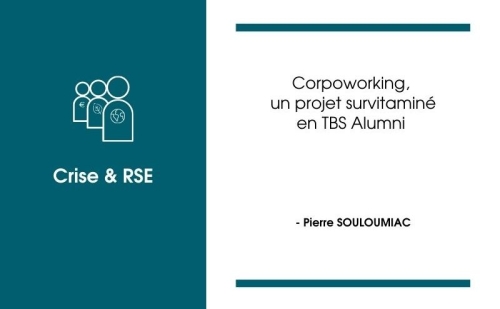
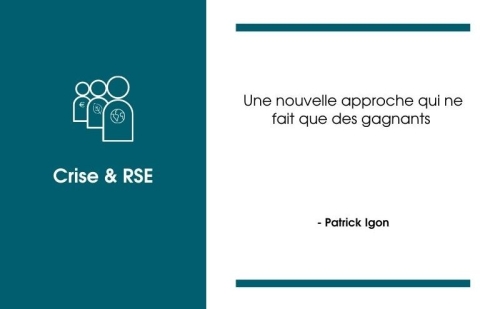
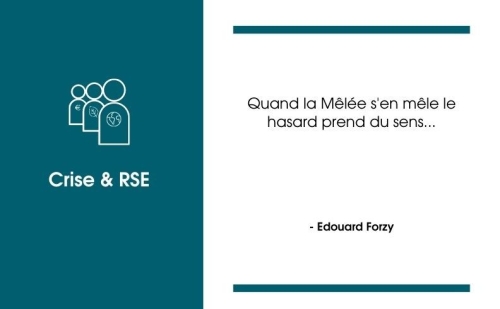
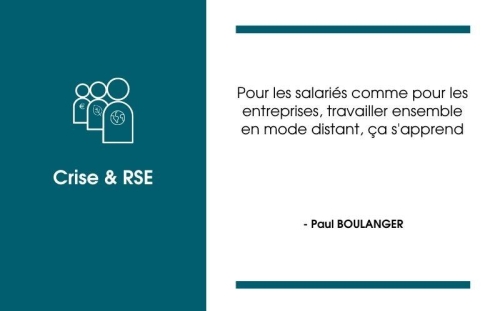
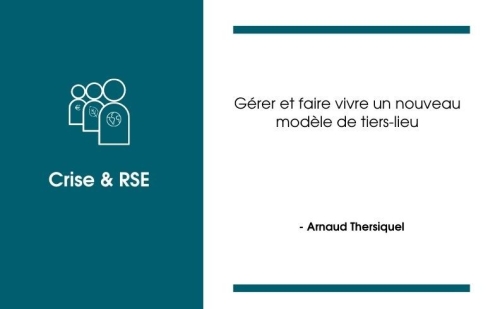
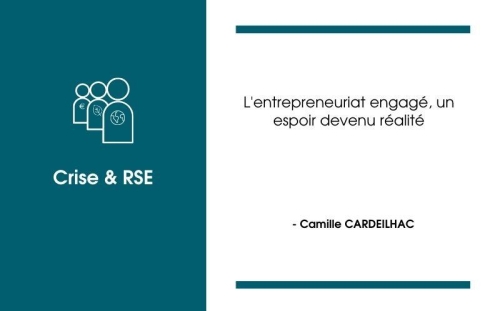
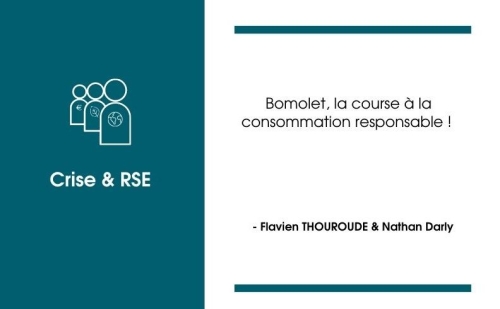
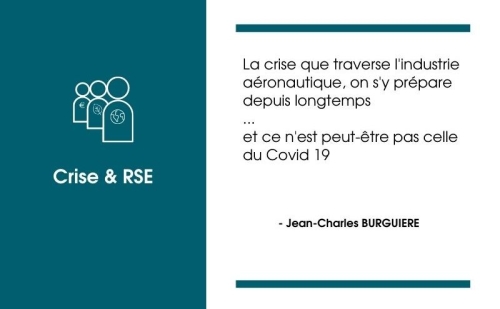
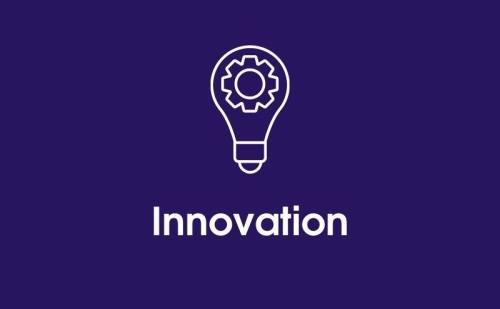
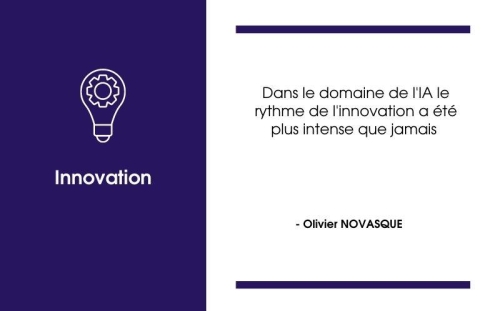
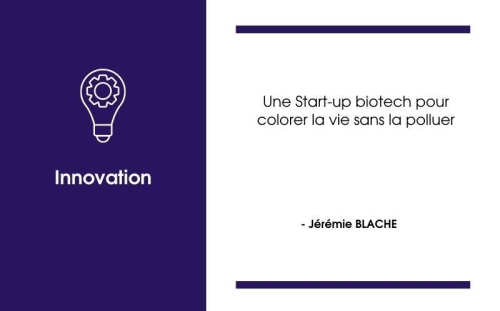
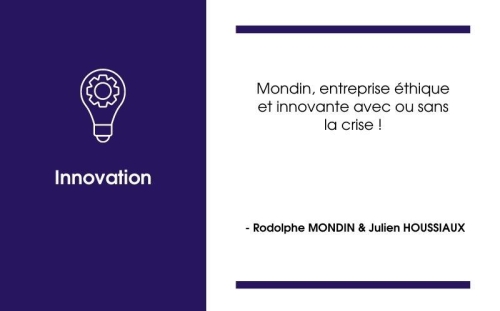

No comment
Log in to post comment. Log in.